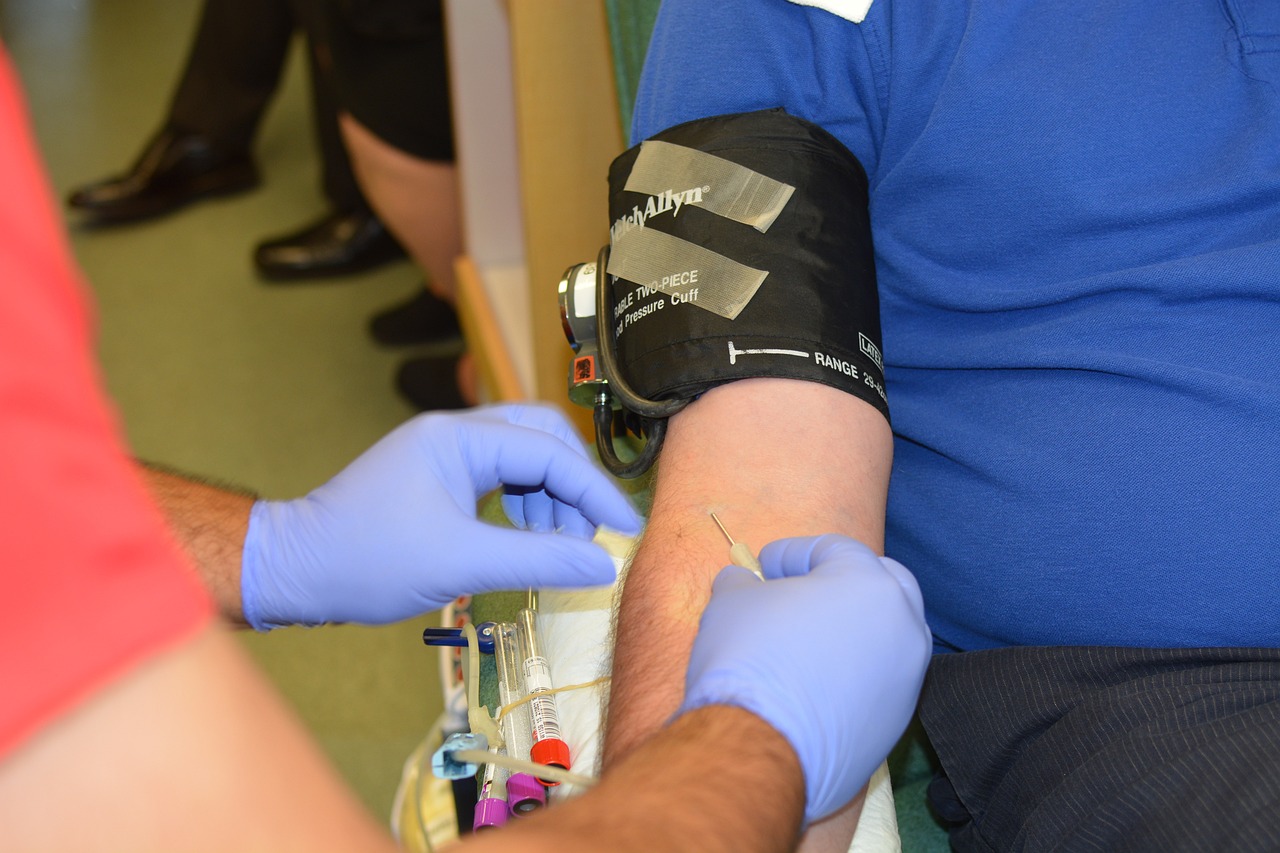If you do decide to donate blood, remember that everything is good in moderation, whether it’s your personal or charitable motives. Earning cash for some reason, you should not have to take any kind of risk on your health. The first time should be similar to an allergic test: how would you feel, yet it’s a lot of 400 ml which will be quickly recovered, conveying a blood donation, at any rate, contributes some assistance to your body.
There are some instances where a regular blood donation violated metabolism in humans, whether the red blood cells do not fall, or hemoglobin is just gone, or apprehensive about the blood pressure until the new date. It is good to hear that blood donation is not limited by age, except by the status of your health, as some respectable donors can no longer feel blood loss with a regular donation. Donate or not to donate blood is your personal choice. We hope that you will get the answer by analyzing this article that what is the harm of this event and remember that all the conditions should be measured rather than mindless fanaticism.
What are the complications and side effects of blood transfusion? Even when such measures have vital side effects and obstacles are contraindicated, some of them are perceived during or shortly after the transfusion, and others – in the period from several hours to only some weeks or months after the process. Infection of the recipient is also not a rare condition, but unfortunately in most cases, residues are unaddressed. Barriers and side effects of blood replacement or blood workings, in general, can be separated into the following groups:
- Immunological and allergic – there will be obvious allergic reactions and a falling tone of immune functions.
- The relocation of transmittable representatives – carries diverse viruses that irritate with rigorous disorders.
- A disorder of enormous blood transmission causes the weakening of health by a profuse computation of blood exchange.
- The turbulence of hemostasis – incoordination and other manifestations of self-regulation.
- Immunosuppression.
- Errors of training and the transfusion – the deterioration of health in case of incorrect operation.

